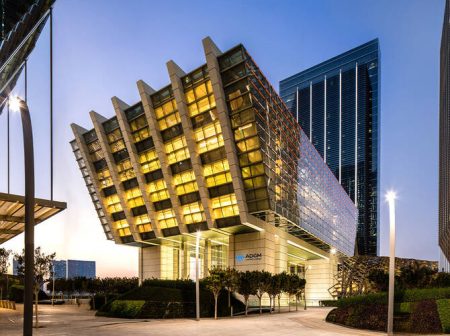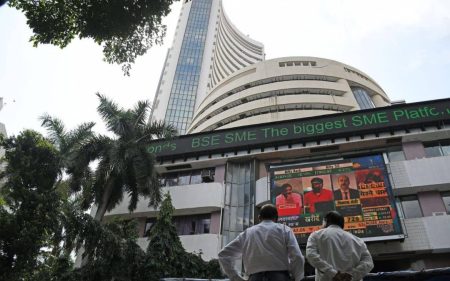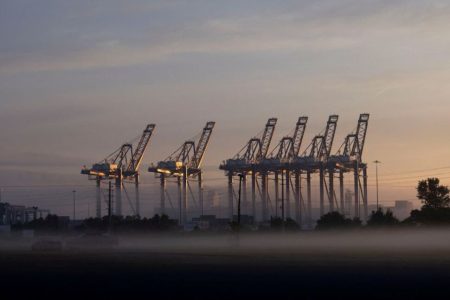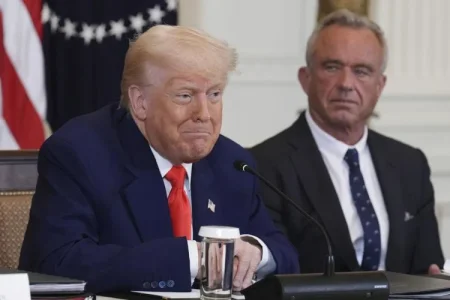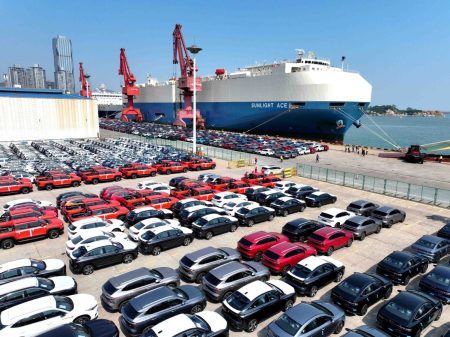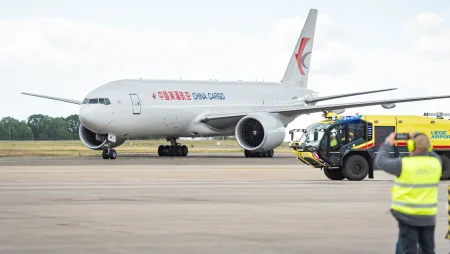War-affected countries in the Arab world are suffering even more due to rising US tariffs, says the International Monetary Fund. The IMF’s regional director, Jihad Azour, explained that US trade policies have made things worse for economies already damaged by conflict. He shared this warning during a recent summit held in Riyadh, Saudi Arabia.
Tariffs from the US have jumped from around 5 percent to nearly 30 percent for many countries. This sudden rise has caused more problems for countries like Lebanon, Syria, the West Bank, and Gaza. These regions are already dealing with war, poverty, and broken systems. Now, the higher cost of trade is adding to their troubles.
The IMF says the impact is very serious. In some countries, economic output has dropped by more than 50 or even 60 percent. This means that the money those countries make is now half or even less than what it was before. These sharp losses are hitting people hard, especially in places that depend on trade and tourism to survive.
Tourism is one of the key industries in the Middle East and North Africa. Countries like Lebanon and Egypt rely heavily on visitors for jobs and income. But with global supply chains disrupted and goods more expensive, fewer tourists are coming. Hotels and travel companies are struggling to cover their costs.
The United States increased tariffs in recent years as part of its changing trade strategy. These taxes on imported goods make it more expensive for other countries to sell products to the US. But for fragile economies that depend on exports, these extra costs are too much to handle.
In Syria, the war has already destroyed much of the country’s economy. With sanctions and internal damage, the extra pressure from US tariffs makes recovery harder. It is now more expensive to bring in goods like medicine, food, and building supplies.
Lebanon is facing a financial crisis of its own. The banking system is failing, public services are weak, and inflation is rising. Higher tariffs make imported goods cost even more. For a country that depends on imports for most of its needs, this is a huge problem.
The situation is also tough for Palestinians in Gaza and the West Bank. These areas have limited access to global markets. They already deal with restrictions, high unemployment, and poor infrastructure. Higher tariffs mean they pay even more for basic goods while having fewer chances to sell their own products abroad.
The IMF is asking global powers, including the US, to think carefully about how their decisions affect smaller and weaker economies. There is a growing need for fairer global trade rules that protect countries in crisis. Economic aid and flexible trade policies could help war-affected nations recover faster.
The problem is not limited to the Middle East. Other countries in North Africa like Libya and Sudan are also facing political unrest and weak economies. High tariffs only make it more difficult for them to grow. Even more stable countries like Jordan and Egypt have seen slower economic growth because of reduced trade.
Experts say the damage from US tariffs could last for years. As prices rise and jobs are lost, many people in these regions face a long and hard road to recovery. Without changes in global trade policy, these countries could fall deeper into crisis.
The international community is being urged to act. Fair trade practices and targeted support can help prevent more damage. It is time for countries with power to consider the real-life effects of their decisions on people living through war.






